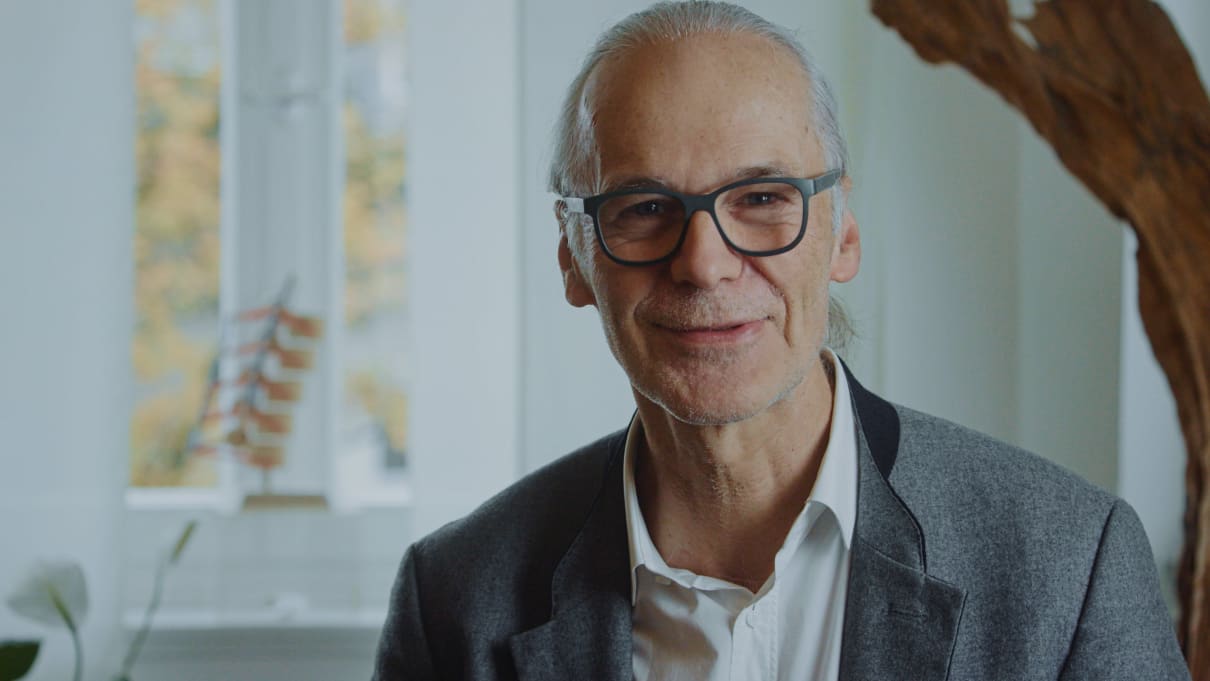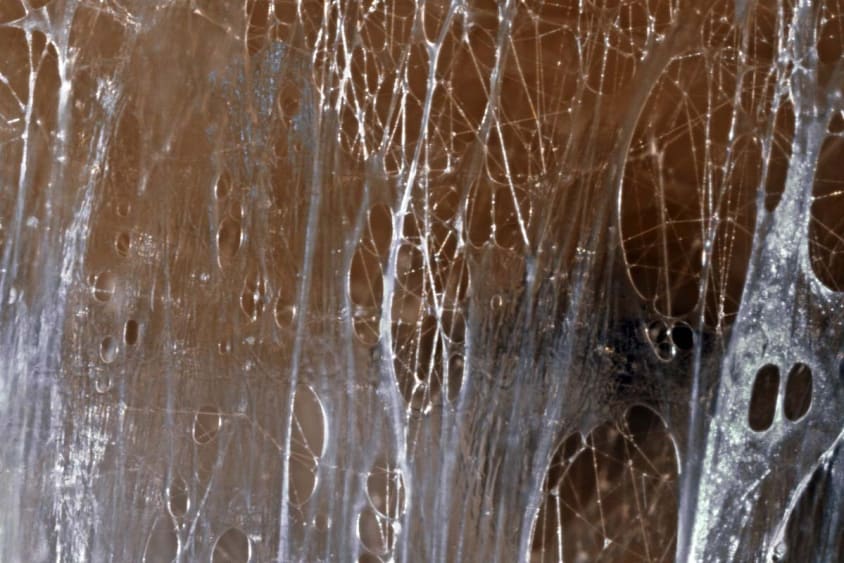Dr. Robert Schleip

"Exploring the body-wide fascia network with curiosity: what an exciting and fascinating activity!“
Robert Schleip is one of the leading fascia researchers worldwide. After a long clinical and teaching career as a body therapist with the Rolfing as well as the Feldenkrais method, he now devotes more time to basic research in fascia. As a psychologist with a doctorate in human biology and as author and editor of numerous publications, he was and is a driving force behind the first Fascia Research Congress (Harvard Medical School, Boston 2007) as well as the follow-up congresses, is head of the Fascia Research Group (University of Ulm & Technical University of Munich), Research Director of the European Rolfing Association as well as Vice President of the Fascia Research Society. His own publications on active contractility of fascial tissues were awarded the Vladimir Janda Prize for Musculoskeletal Medicine.
What do you consider to be one of the most exciting aspects of fascia research worldwide at the moment?
One topic that several teams are currently working on is the question of the function of the remarkably numerous sympathetic nerve endings in the body-wide fascia network, including those that are not located near small blood vessels. Apparently, there is an important interaction with the immune system, as well as a regulation of the acid content of the basic substance. Here I expect exciting new findings very soon. And another exciting question is the study of how vibratory mechanical stimulation specifically stimulates biochemistry, metabolism, and fibroblast activity. Again, I know of numerous labs that are researching different frequencies and applications on this question. It is quite possible that we will have clinically relevant results available in just a few months.




